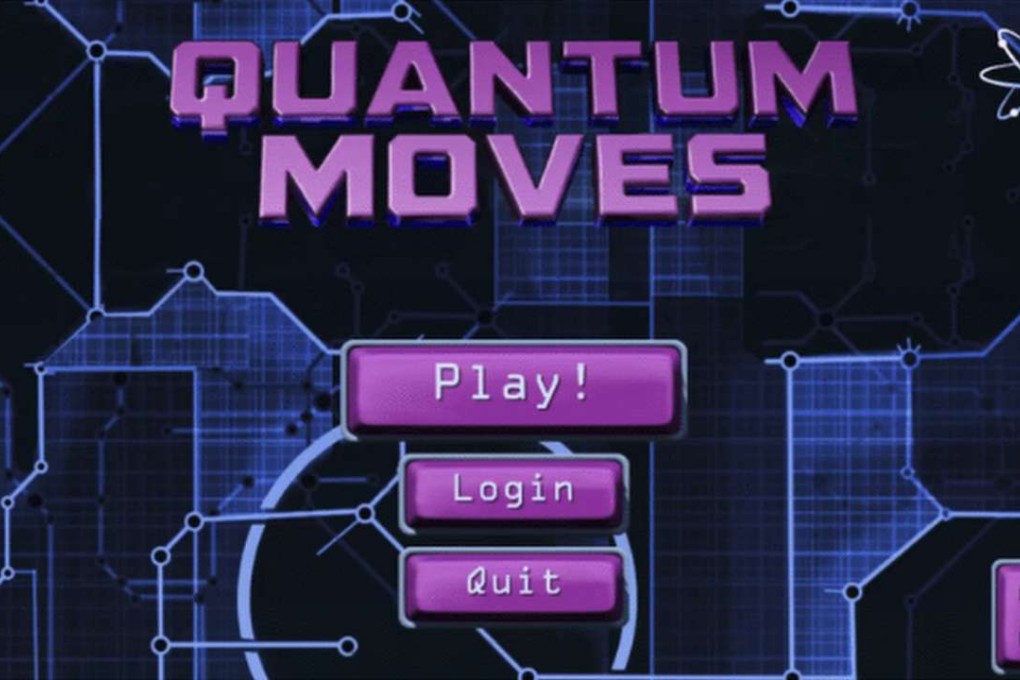Gamers better than computers at solving quantum mechanics problems
An online gaming platform is showing that artificial intelligence may still have a lot to learn from the power of human intuition

Computers have been able to trounce humans at chess for decades, and the ancient game of Go recently fell victim to the latest in neural networked computing, but scientists have found an area where human gamers are proving to be far better than computers – and helping solve troublesome problems in quantum mechanics.
Scientists from Aarhus University in Denmark have set up an online gaming platform called Quantum Moves, where humans play games that generate practical knowledge that can be used to address challenges in the quantum world.
The findings, published in the journal Nature, offer a surprisingly effective method of dealing with still-puzzling problems in quantum mechanics – and show that artificial intelligence may still have a lot to learn from the power of human intuition.
Scientists have been working to develop quantum computing, which takes advantage of the bizarre ways in which matter behaves at the tiniest of scales. Quantum computers have the potential to vastly outstrip the abilities of conventional devices, allowing them to perform a wide range of complex tasks, from cracking encrypted codes to operating self-driving cars.
But the very qualities that make quantum computing such an appealing way to store and process information also make its components exceedingly difficult to work with.
“If you’re not confused about quantum physics, that’s because you haven’t understood it,” says lead author Jacob Sherson, a quantum physicist at Aarhus, echoing a sentiment notably expressed by legendary Danish physicist Niels Bohr. “And that’s why no one thought you could think intuitively or rationally about quantum mechanical processes.”

Classical physics describes the physical world as we experience it at large scales (including the scales we humans operate in); quantum physics rules the world of tiny, particle-sized things, far beyond our perception. Quantum mechanics is built on uncertainties, and on rules that have no analogue in the day-to-day world in which we operate.